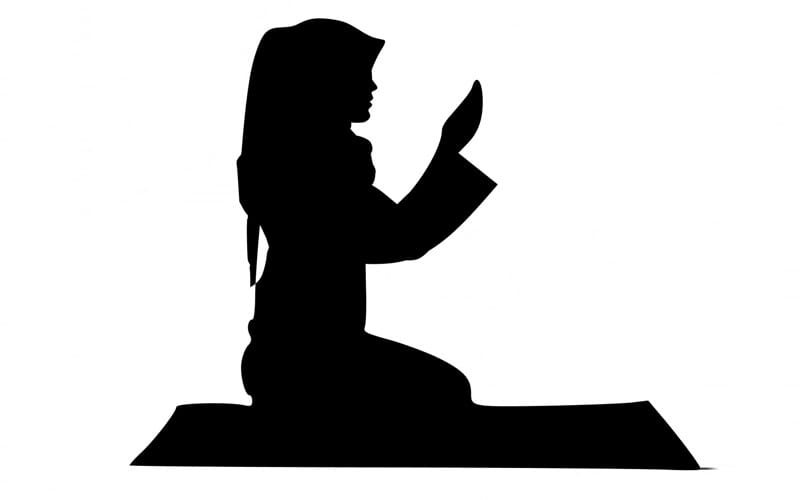NEW DELHI: A petition was filed in the Supreme Court on Monday pleading that Muslim women be allowed to enter and offer namaz inside mosques.
Moving the plea, a Muslim couple asked the apex court to declare the prohibition on entry of women inside mosques in the country as “illegal and unconstitutional” as it violated the fundamental rights guaranteed under the Constitution.
Pointing out that there was no mention of any gender segregation in either Quran or Hadith, the couple’s counsel Ashutosh Dubey said: “….such practices are not only repugnant to the basic dignity of a woman as an individual but also violative of their fundamental rights…”
The petition has arraigned the Union government, the Ministry of Minority Affairs, the Central Wakf Council, the Maharashtra State Board of Wakfs and All India Muslim Personal Law Board as parties to the case.
The petitioners said that there were no records stating that the Quran and Prophet Muhammad opposed women entering mosques and offering prayers, and in fact, men and women have equal constitutional rights to worship, according to their beliefs.
At present, women are allowed to offer prayers at mosques under the Jamaat-e-Islami and Mujahid denominations but they are barred from mosques under the predominant Sunni faction, said the petition.
The petition also mentioned that in mosques where women are allowed, there are separate entrances and enclosures for worship for the two genders.
The petition said that there should not be any gender discrimination at all and that all Muslim women should be allowed to pray in all mosques, cutting across denominations.
The petition also alluded to the practice in Mecca, where “the faithful, both men and women, together circumambulate the Kaaba”. Besides, most sacred mosques in the world equally embrace both men and women, the petitioners said.
To support their argument, the petitioners cited the recent Supreme Court judgment allowing the entry of women in Kerala’s Sabarimala Temple.
“The hon’ble court in the case of Sabraimala held that ‘religion cannot be used as cover to deny rights of worship to women as it is against human dignity’. Prohibition on women is due to non-religious reasons and it is a grim shadow of discrimination going on for centuries,” the petitioners said.

